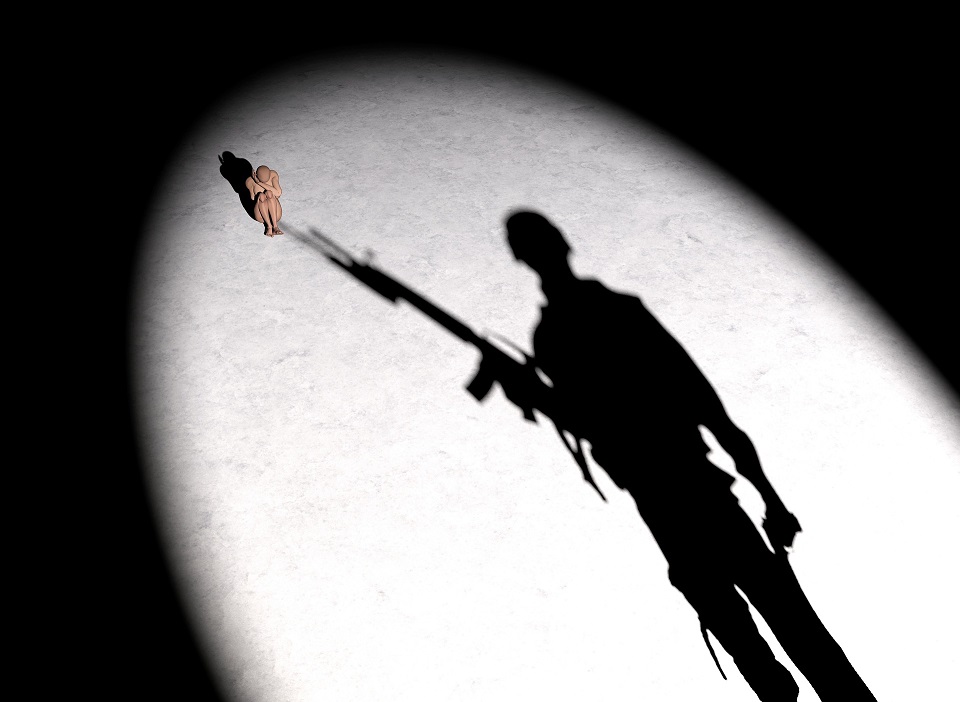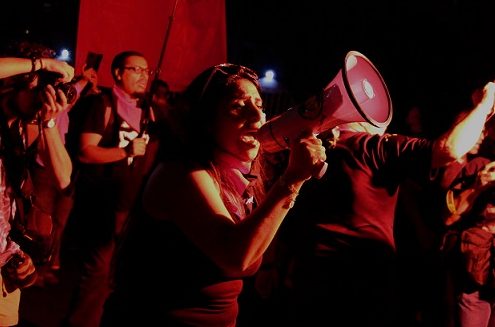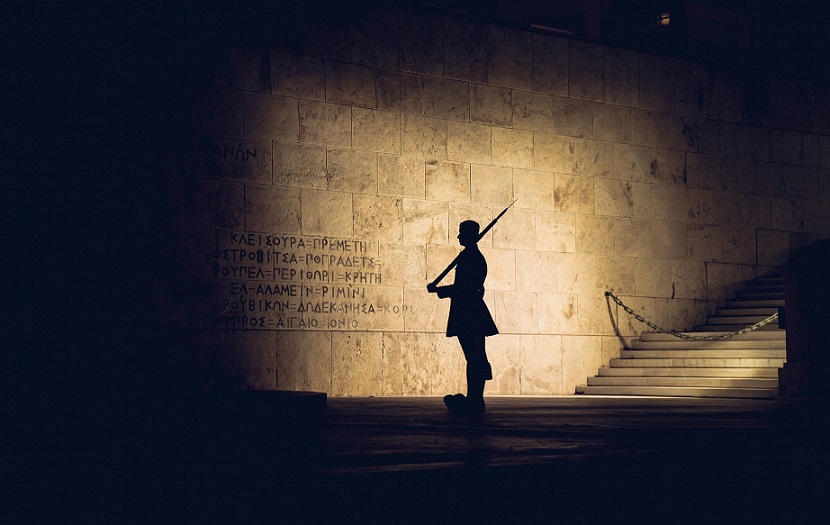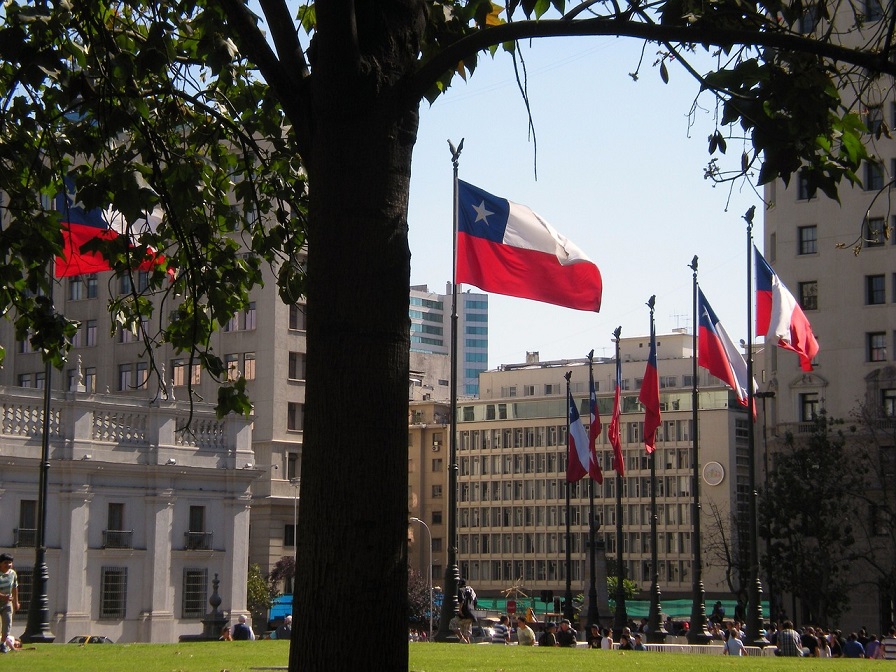The country’s opposition has put forward a bill to reinstate military justice for members of the army or police who commit crimes against civilians.
 Carmen Esquivel
Carmen Esquivel
On 27 April, 19-year-old Franco Vargas, a young man doing his military service, died while on a training march in the commune of Putre (Chile), at an altitude of more than 4,000 metres above sea level and without appropriate clothing for the freezing temperatures.
During the exercise, 45 of his comrades fell ill, three of them seriously, and one had to have a hand amputated. This sent shockwaves through the country and led to more than 140 recruits being discharged. Contradictory information from the army generated doubts about the transparency and impartiality of the institution, which led Romy Vargas, mother of the deceased conscript, to demand that the Military Prosecutor’s Office not participate in the investigation of the case because she did not trust it.
Those in charge of the barracks where he was on duty claimed that the young man was taken alive to a hospital, but the hospital denied this and confirmed that he had already died when they received him.
“The inaccuracies are serious and the lies unforgivable. They failed,” wrote Senator Iván Flores of the Christian Democrat Party on his X account, who said he hoped that military justice would not be insisted upon.
 For MP Lorena Fries of The Social Convergence, in cases such as these, “military justice is more a privilege for the eventual culprits than a real possibility of justice for the victims”.
For MP Lorena Fries of The Social Convergence, in cases such as these, “military justice is more a privilege for the eventual culprits than a real possibility of justice for the victims”.
On 14 May, the Arica region district court decided that the proceedings will remain in the hands of the civil jurisdiction, thus rejecting the request of the special envoy of the Supreme Court, Jenny Book, who wanted the investigations to remain in the military jurisdiction. According to Judge Juan Araya, the unfortunate events in Putre affected not only military personnel, but also civilians, including Romy Vargas, mother of the deceased soldier. “There is a victim who is not military and that jurisdiction does not have the robustness of the specialised care unit of the Public Prosecutor’s Office to protect his guarantees,” he said.
The events did not, however, prevent a bill to reinstate military justice for members of the army or police who commit crimes against civilians from being considered.
A proposal to this effect was recently presented by legislators from opposition parties such as National Renewal, the Independent Democratic Union and Movimiento Amarillos, who incorporated it into the Rules of Use of Force (RUF) bill.
 Although the Chamber of Deputies rejected it, the initiative remains dormant because right-wing sectors hope to reintroduce it in the Senate.
Although the Chamber of Deputies rejected it, the initiative remains dormant because right-wing sectors hope to reintroduce it in the Senate.
But the Chilean president, Gabriel Boric, has opposed this, saying: “We have said that, in matters of civilian jurisdiction, military tribunals will not be re-established during my government”.
The president specified that this type of justice is for times of war and very specific cases, and that his administration will not implement it again to review cases that should go to the ordinary courts. Questioned on the subject, the renowned lawyer Nelson Caucoto, who has handled emblematic cases here, was categorical in affirming that a human rights case can never be entrusted to the military courts.
The system profoundly affected investigations into crimes that occurred during the dictatorship (1973-1990) and did not result in convictions of state agents, Caucoto said.
Caucoto cited two specific cases, firstly that of Carmen Gloria Quintana and Rodrigo Rojas, who were burned alive by an army patrol in 1986, yet the young men were blamed for immolating themselves.
Almost 40 years after those events, last January the Chilean justice system convicted 11 retired uniformed officers for the crimes of aggravated homicide or as accomplices.
 Another case mentioned was Operation Albania, in which the military justice system dismissed the cases of the state agents who murdered 12 young people in June 1987. Only when the case went to the ordinary courts were those responsible convicted.
Another case mentioned was Operation Albania, in which the military justice system dismissed the cases of the state agents who murdered 12 young people in June 1987. Only when the case went to the ordinary courts were those responsible convicted.
Competency of military courts
The legislation in force here states that the military justice system is authorised to prosecute offences committed by uniformed personnel in the exercise of their duties, when they occur within militarily occupied territory or involve acts against sovereignty. The crimes they try are mainly war crimes and violations of conscription and mobilisation laws. In 2010, a law was passed that removed its competence to prosecute civilians and minors. Analysts here believe that extending military jurisdiction now would represent a step backwards and a mistake in terms of due process and the rule of law.
It is like going back to a Chile that is already behind us, said Liberal Party deputy Vlado Mirosevic.
Despite the rejection of the proposal in the Chamber of Deputies, the opposition will seek to take up the issue again in the Senate. PL
(Translated by Cristina Popa – Email: gcpopa83@gmail.com) – Photos: Pixabay












.jpg)












